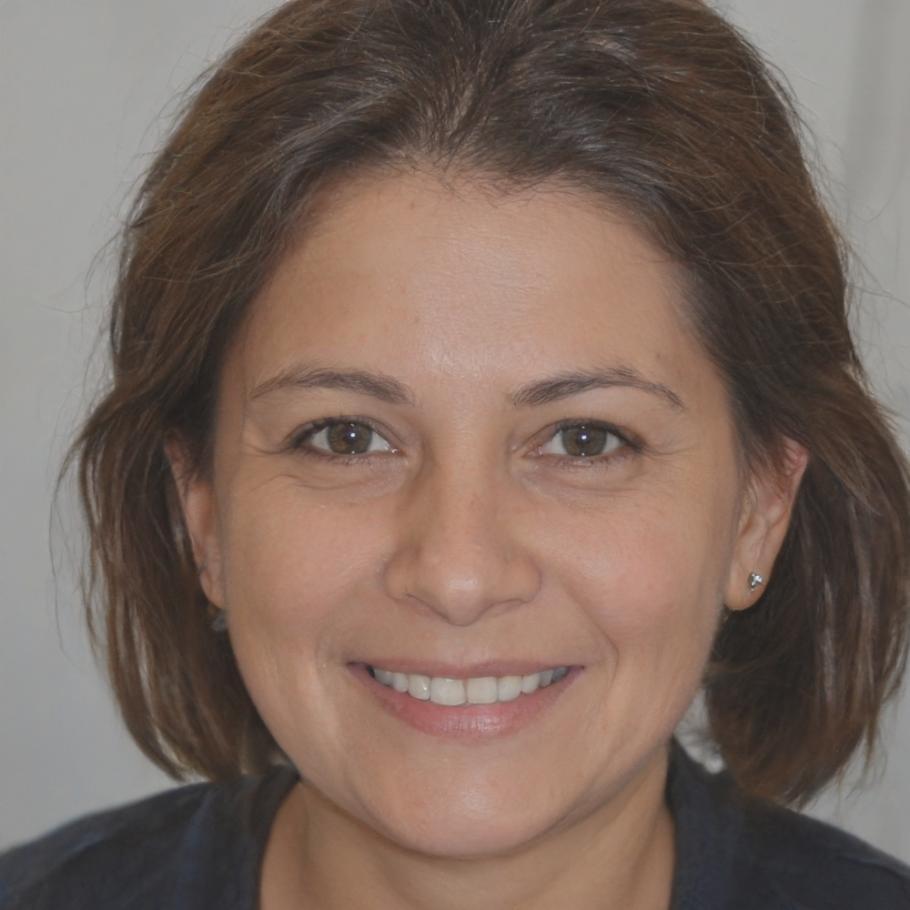Investment Questions Answered
We know investing can feel overwhelming at first. Here are the real questions our Canadian clients ask most often, with straightforward answers that actually help you make informed decisions.
Getting Started Basics
-
How much money do I actually need to start investing?You can begin with as little as $100, though $1,000 opens more diversified options...
-
Should I pay off debt before investing?It depends on your interest rates and risk tolerance. High-interest debt usually comes first...
-
What's the difference between TFSA and RRSP for investing?Both have tax advantages, but they work differently depending on your income level and goals...
Risk & Safety
-
How do I know if I'm taking too much risk?If market drops keep you awake at night, you might need to adjust your allocation...
-
Can I lose all my money in the stock market?With proper diversification, total loss is extremely unlikely, but volatility is normal...
-
What happens to my investments if my broker fails?Canadian investor protection covers up to $1 million per account through CIPF...
Strategy & Planning
-
Should I try to time the market?Even professional fund managers struggle with timing. Consistent investing usually works better...
-
How often should I check my investment portfolio?Monthly or quarterly is usually enough. Daily checking can lead to emotional decisions...
-
When should I rebalance my portfolio?When allocations drift more than 5-10% from your target, or at least annually...
Detailed Investment Guidance
What's the real difference between active and passive investing?
How do I handle market crashes without panicking?
Should I invest the same amount every month or wait for better prices?

Learn From Real Experience
Our team has helped hundreds of Canadians navigate their first investment decisions since 2018. We've seen every type of market condition and common mistake, so we can help you avoid the pitfalls that trip up new investors. The questions on this page come directly from real client conversations, not textbook scenarios.
Additional Learning Resources
Beyond our FAQ, these tools help you build confidence and make better investment decisions
Risk Assessment Tool
Take our 10-minute questionnaire to discover your true risk tolerance and get personalized portfolio suggestions that match your comfort level.
Start Assessment →Market Volatility Guide
Learn how to stay calm during market turbulence with our practical strategies for managing emotions and sticking to your long-term plan.
Download Guide →Fee Calculator
Understand how different fee structures impact your returns over time. Small percentage differences can mean thousands in lost growth.
Calculate Costs →Beginner's Learning Path
A structured 8-week program covering everything from basic concepts to building your first diversified portfolio, designed for Canadian investors.
View Program →I had so many questions about investing that I kept putting it off for years. The FAQ section here answered most of my concerns, and the personal consultation helped me finally get started. Now I actually understand what I'm investing in instead of just hoping for the best.

